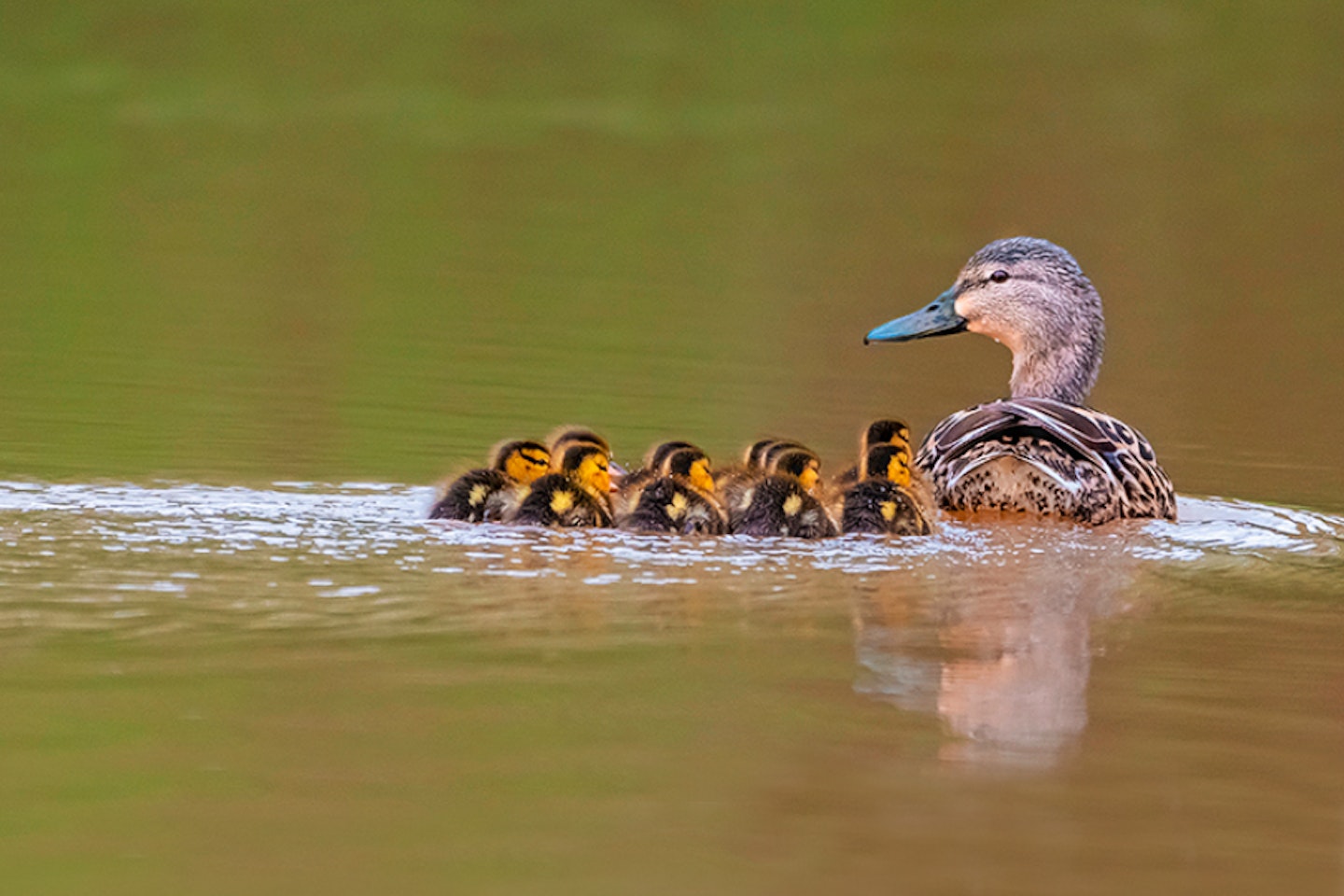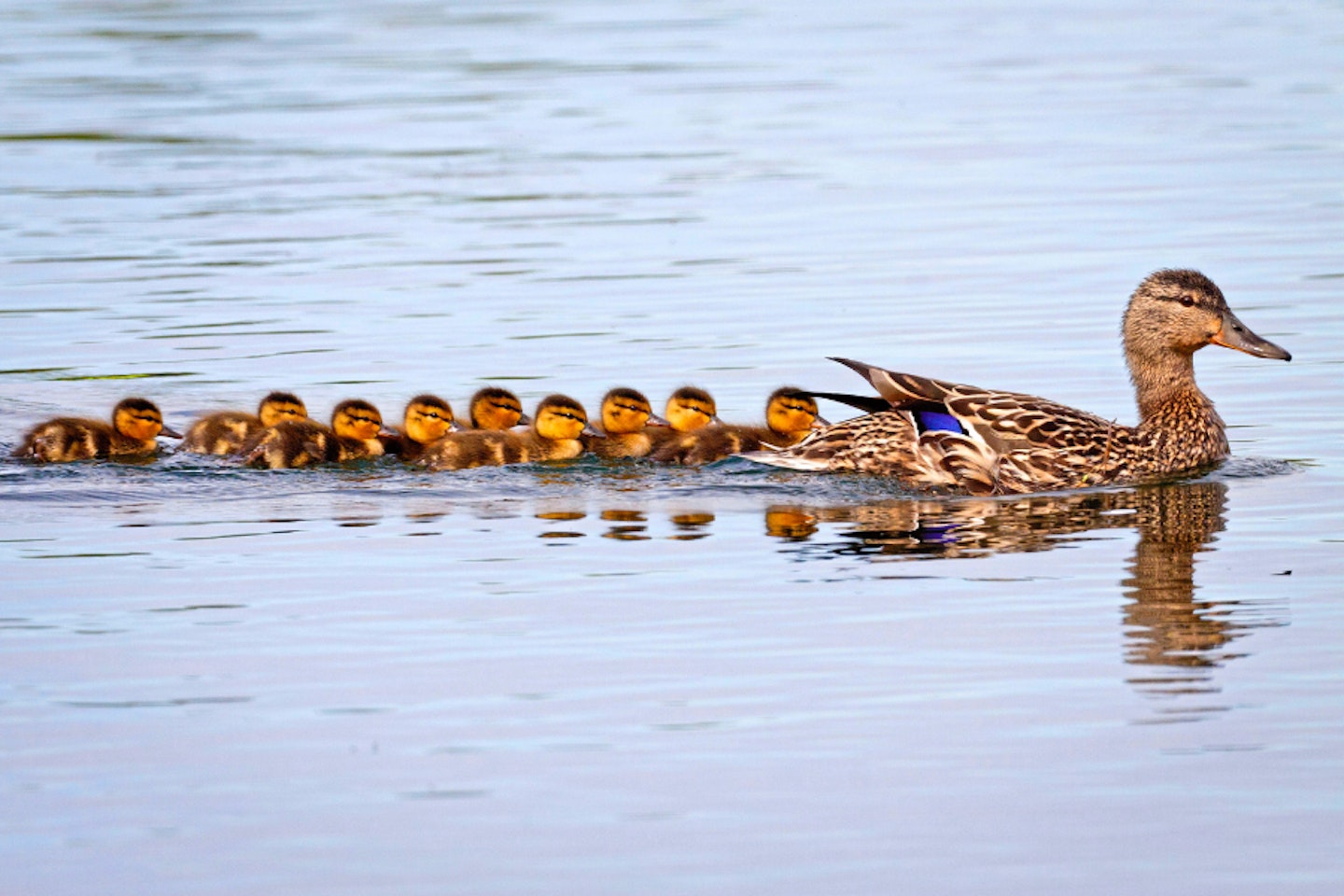We’ve all been serenaded by a mallard’s quack, that suspiciously sounds like it’s laughing at us when we can’t get a bite or you've admired a raft of ducklings swimming through your peg. You may or may not understand that these feathered friends play a vital part in our waterways' ecosystem and unfortunately mallard numbers are on the decline for reasons unbeknown to experts.
The University of Essex has launched a citizen science initiative to investigate this puzzling drop in mallard populations, discovering the UK's winter mallard population has plummeted by an estimated 18%, with breeding numbers slumping by around 8% since 2012.
Hannah Coburn, a PHD student leading the campaign had this to say:
“Investigating the rate of ducklings that survive to adulthood will give us a better understanding of what drives changes in our mallard population, as has been found elsewhere in the world. We are asking the public to help us collect data on mallard broods across the country.”

Why should anglers care?
You might think, “Ducks? Aren’t they just a nuisance, splashing around and stealing bait?” but consider this: mallards play a crucial role in maintaining the health of aquatic ecosystems. Their decline could signal broader environmental issues affecting our waterways and fisheries, which, in turn, impact fish populations and water quality, issues that every angler should be concerned about.
How can you help?
The University of Essex is calling on anglers, to contribute to this important study. Here’s how you can get involved:
Spot a mallard brood: Keep an eye out for mallard families during your fishing trips. Note the number of ducklings, their age (if possible), and the location.
Capture a snapshot: A photo is invaluable data. Snap a picture of the brood to help researchers assess their age and health.
Report your findings: Upload your images and report your findings on the duckling watch website. Don’t forget, include details like the number of ducklings, their estimated age, and the location of the sighting.
Quack-up, it’s for a good cause
While you may be more interested in fish than wildfowl, anglers are often the gatekeepers and first to recognise when things are wrong with the aquatic environment. By participating, you're helping researchers build a comprehensive picture of mallard populations across the UK. Your data could be the missing piece in understanding why these ducks are disappearing and what can be done to help them.
So, next time you're out on the bank, keep your eyes peeled for a brood of mallard ducklings. You might just be contributing to a study that helps preserve these charming waterfowl for future generations of anglers and nature lovers alike.
FOR MORE INFORMATION OR TO GET INVOLVED VISIT THE DUCKLING WATCH WEBSITE.

